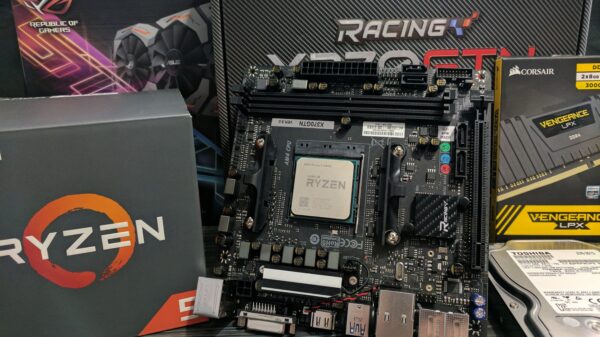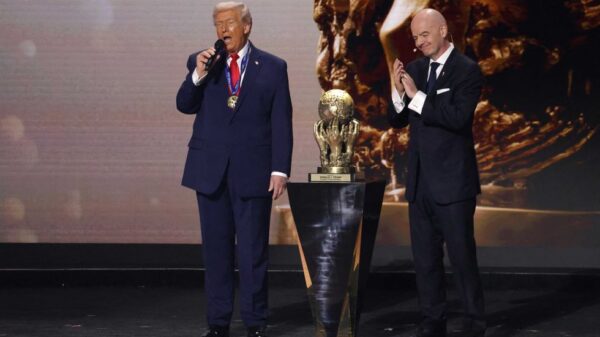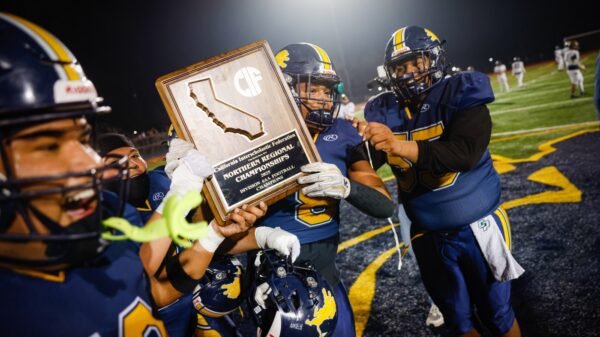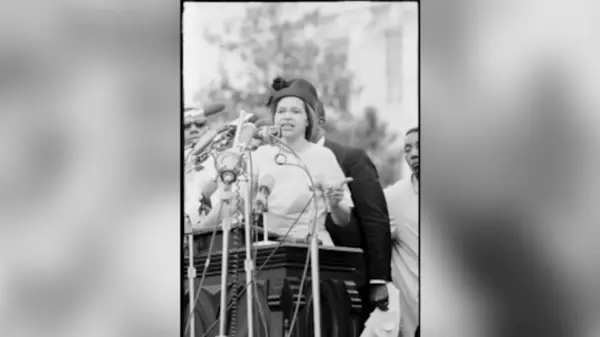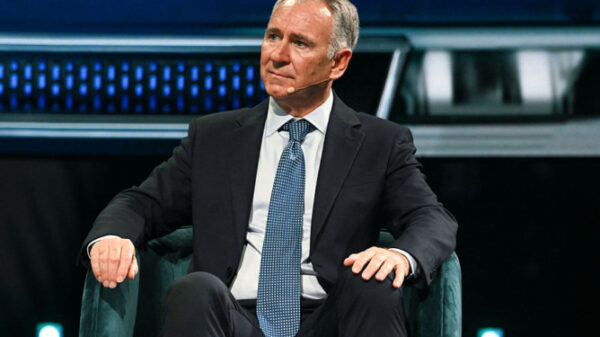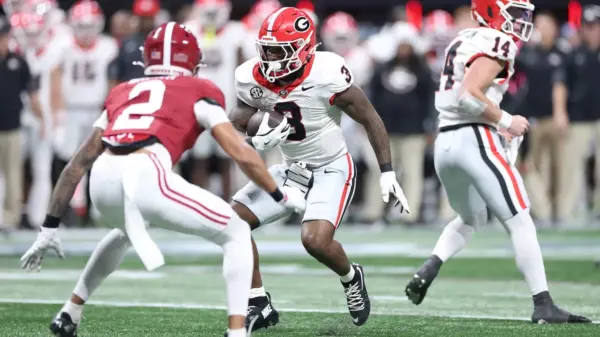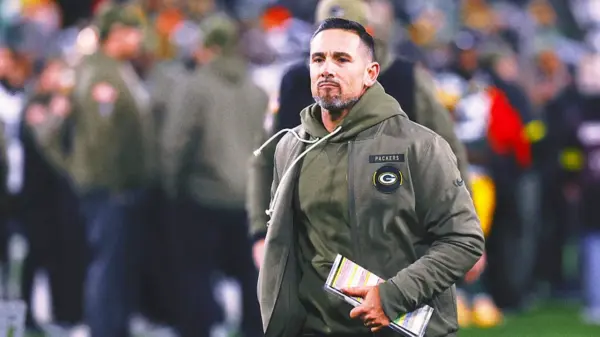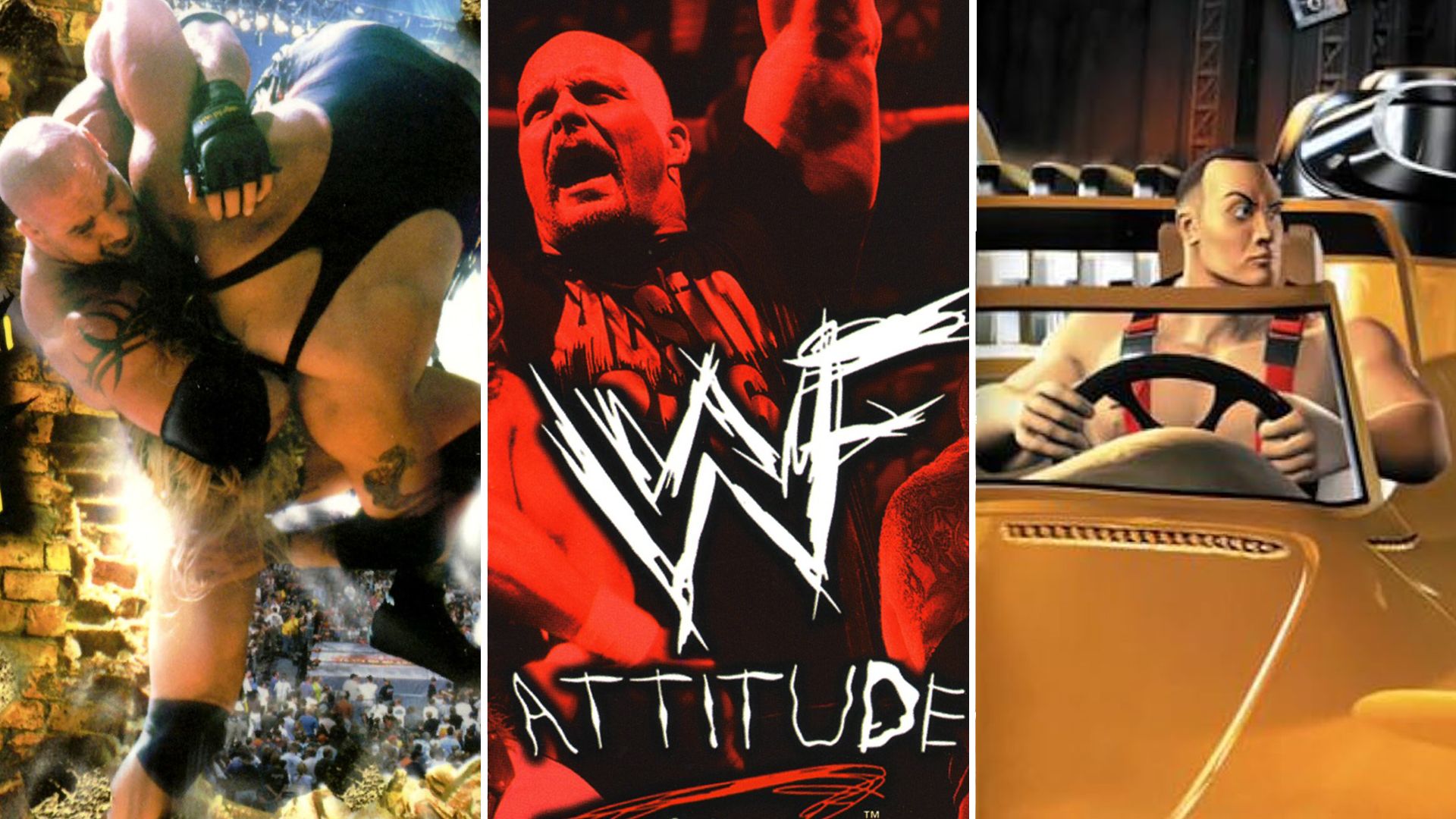UPDATE: A nostalgic look back at three wrestling video games from the 90s and early 2000s reveals a stark truth: not all titles were winners. As fans reminisce about the era dominated by WWF and WCW, many remember these games as total jobbers that failed to deliver entertainment.
The wrestling video game landscape was thriving during the height of professional wrestling’s popularity. However, not every title earned its spot in the hearts of fans. With the WWF Attitude, WCW Backstage Assault, and WWE Crush Hour, players encountered frustrating gameplay that often fell short of expectations.
WWF Attitude stands out as a prime example of a game that missed the mark. Released on PlayStation, Nintendo 64, Sega Dreamcast, and Game Boy Color, this game was criticized for its clunky controls and stiff mechanics. Players found themselves grappling with button sequences that were difficult to execute, leading to chaotic matches. While it offered a variety of match options and custom superstar modes, the overall execution left fans wanting more.
In contrast, WCW Backstage Assault attempted to innovate by emphasizing backstage brawls. Released shortly before WCW was acquired by WWE, this title faced backlash for its awkward controls and numerous bugs. The concept of using the environment for hardcore matches was appealing, but the execution was a disaster, marred by poor hit detection and frustrating gameplay.
Then there was WWE Crush Hour, a bizarre attempt to merge wrestling with vehicular combat. Inspired by the Twisted Metal series, this game featured WWE superstars battling in cars—an idea that quickly fell flat. Technical issues and a lack of depth plagued the gameplay, leaving fans disappointed. The game, meant to capture the over-the-top nature of wrestling, instead became an example of what happens when a franchise strays too far from its roots.
As wrestling continues to thrive, the memory of these lackluster games serves as a reminder that not everything from that era was gold. While WWF and WCW produced iconic moments and matches, these games stand as relics of a time when the wrestling video game medium was still finding its footing.
The late 90s and early 2000s may have been a golden age for wrestling, but not every game captured that excitement. As fans reflect on their childhood favorites, the consensus remains clear: these three titles were total jobbers—games that, while remembered, failed to deliver the fun and excitement wrestling fans craved.
What’s Next: As the wrestling video game industry evolves, fans can only hope for titles that honor the legacy of their favorite superstars. Stay tuned for updates on new releases and developments in the wrestling game genre.


